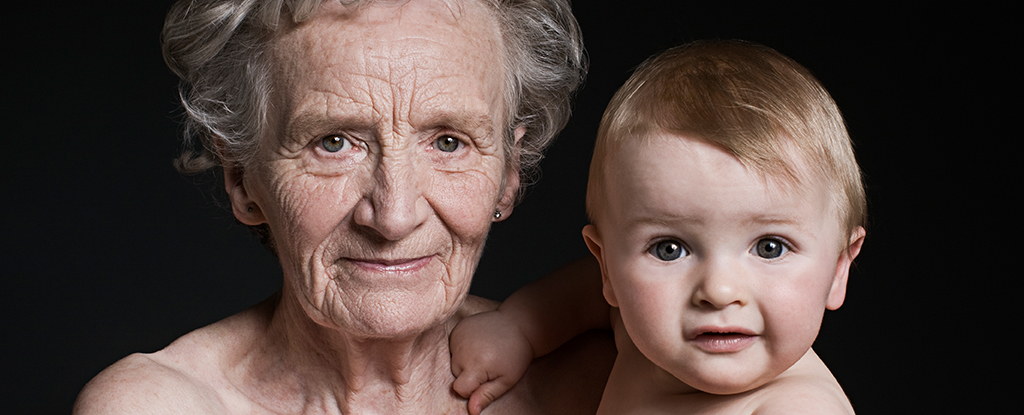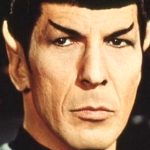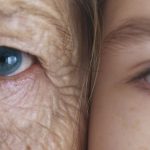
Growing old may bring about its share of aches and pains, but recent research suggests a broader perspective: reaching our elder years might play a pivotal role in advancing the evolution of our species.
Once considered an inevitable outcome of navigating life’s challenges, aging has transformed into a perplexing mystery. While certain species barely age at all, the overarching question remains: is aging merely a biological by-product or does it carry an evolutionary advantage?
Recent research, based on a computer model developed by a team from the HUN-REN Centre for Ecological Research in Hungary, suggests that old age can be favorably selected for other traits.
In recent years, scientists have delved into the inevitability of aging and the associated body deterioration, technically referred to as senescence. The model suggests that in certain scenarios, aging can prove beneficial to a species.
“Aging can have an evolutionary function if there is a selection for senescence,” says evolutionary biologist Eörs Szathmáry, from the HUN-REN Centre for Ecological Research. “We aimed to uncover this selection.”
These circumstances necessitate robust directional selection, where evolutionary pressures (such as predators or environmental changes) steer traits consistently, and substantial kin selection, where genes have a higher likelihood of being transmitted with the assistance of relatives.
“For example, it is possible that in a changing environment, aging and death are more advantageous for individuals, because this way the competition, which hampers the survival and reproduction of the more adaptable progeny with better gene compositions, can be decreased,” says Szathmáry.
Put simply, the process of natural aging and death creates room for a new generation that may potentially possess improved combinations of genes.
The researchers propose that having more generations enduring prolonged senescence, particularly in strongly altruistic organisms, would be favored by kin selection. In essence, individuals who aid their relatives in generating a new generation are more likely to pass on their long-aging genes through them.
Although humans, as a species, may be fixated on halting aging, it appears that senescence plays a crucial role in terms of evolutionary advantage—a role that experts are actively exploring and seeking to comprehend.
“It has become accepted in the evolutionary biology community that the classical non-adaptive theories of aging cannot explain all the aging patterns of nature, which means the explanation of aging has become an open question once again,” says Szathmáry.
The findings from the research have been documented in BMC Biology.





